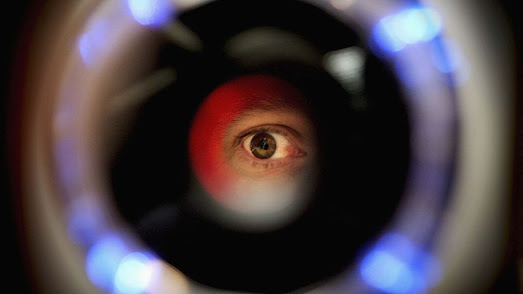Science And The Rise Of Totalitarianism
The cancellation of Professor Norman Fenton’s presentation at the UK’s NHS Health and Care Analytics Conference indicates a deeply disturbing increased level in the censorship of science.
The gravity of current developments is onerous. It is important to recognize parallels from the past and understand the initiating factors — including intolerance of ideas threatening state-approved ideology — that eventually allowed the rise of totalitarianism.
The National Health Service’s correspondence with Professor Fenton reveals this degradation. His scheduled presentation had nothing to do with the recent pandemic; the grounds for his dismissal claimed his views on vaccines may be distracting.
…the conference organising committee has just been alerted to the controversy around vaccinations on your Twitter account and fear that this may distract from the conference. They have asked that we not proceed with the planned session on Bayesian networks.
After receiving this notice, Professor Fenton wrote;
I was canceled not for the content of my talk but because I had done other work raising concerns about covid vaccine safety.
The NHS organizers openly admitted that an unacceptable perspective on a scientific topic — designated incontestable by authorities — is grounds for ex-communication.
This denial of participation is solely because of Professor Fenton’s willingness to appraise and discuss subject matter deemed controversial. However, no one who has examined his cautious analysis of data during the pandemic has presented evidence disputing any of his findings.
Scientific integrity doesn’t matter to conference organizers — in the same way, truth didn’t matter to censors in the past. […] A repressive act against an accomplished scientist is analogous to the Nazi party’s initial marginalization of researchers and academics who interfered with their quest for absolute authority.

No comments:
Post a Comment